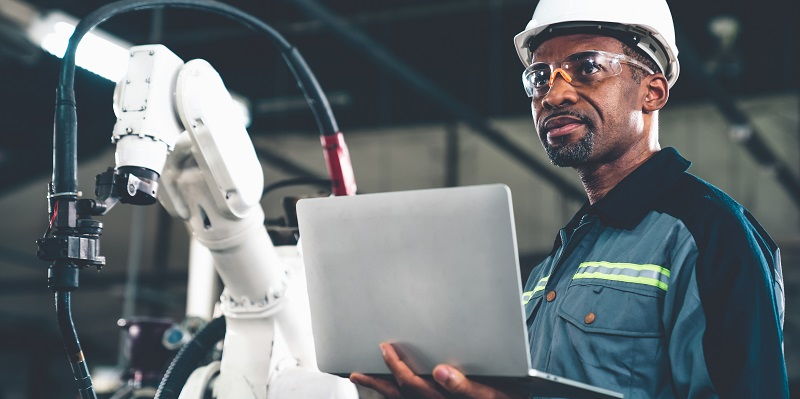In the world of manufacturing, achieving high-quality products while minimizing errors and optimizing efficiency is crucial to staying competitive. One of the key ways to accomplish this is through the implementation of robust systems and advanced technologies. This article delves into the role of these systems and artificial intelligence (AI) in manufacturing, highlighting their ability to enhance quality control, reduce human error, and improve overall efficiency.
System Investment for Improved Manufacturing Control
In today’s manufacturing industry, maintaining strict control over the dimensional accuracy of products is of paramount importance. By investing in innovative systems, manufacturers can now inspect 100% of slots on every disk, ensuring that each one aligns with ever tighter tolerances. This level of precision not only guarantees the high quality of the end product, but also serves to reduce overall inspection time and costs.
Eliminating Human Error with CMM Investment
Recognizing the significance of dimensional accuracy and quality control, leading manufacturers like DWS have made the decision to invest in Coordinate Measuring Machines (CMMs). These advanced machines meticulously measure the geometries of physical objects, providing manufacturers with greater control, enhanced quality, and increased manufacturing flexibility. By bringing this capability in-house, manufacturers can reduce dependency on external providers, thereby reducing the risk of human error and streamlining their production processes.
Enhanced Features through AI Software Update for Artec Leo
Continual improvements in AI technology have unlocked new possibilities in the manufacturing industry. Artec Leo, a cutting-edge 3D scanner, recently released a software update, version 1.8, to bring innovative features to its users. The update introduces HD previews on Leo’s display, utilizing AI algorithms to recover more surface data from captured frames. This not only allows for higher quality scanning but also enhances the user experience, making the scanning process smoother and more efficient.
K-BOX: The Hybrid Machine Vision Solution
The integration of machine vision technology with robotics opens up new avenues for enhanced inspection capabilities in the manufacturing sector. K-BOX, an industry-leading solution, offers APIs that connect Kitov software to virtually any standard or collaborative robot. This integration empowers manufacturers to add advanced visual inspection capabilities to their existing robotic solutions, improving quality control and operational efficiency.
Funding Success for AI and Robotics Metal Forming Specialist
Machine Labs, a specialist in AI and robotics for metal forming processes, recently raised $32 million in funding. This investment represents the industry’s confidence in the company’s innovative solutions. The funds will be utilized to meet increasing customer demand, intensify research initiatives, and continue delivering state-of-the-art solutions that exceed customer expectations. This success highlights the growing importance of AI and robotics in the manufacturing landscape.
Unlocking the Future of Excellence with Predictive Quality
Predictive quality is a game-changer in the world of manufacturing. By leveraging advanced technologies such as AI, machine learning, and data analytics, manufacturers can predict product quality at various stages of the production process. This enables timely interventions, reducing defects and waste while ensuring consistent quality. The potential benefits of predictive quality are immense, including improved efficiency, reduced costs, and enhanced customer satisfaction.
In today’s competitive manufacturing industry, the power of systems and AI cannot be underestimated. From ensuring dimensional accuracy to eliminating human error, these technologies play a pivotal role in enhancing quality control and efficiency. Investments in systems like CMMs, software updates with AI capabilities, hybrid machine vision solutions like K-BOX, and predictive quality initiatives are all instrumental in unlocking the future of excellence in manufacturing. Embracing these advancements will lead to higher-quality products, reduced costs, and a stronger competitive edge in the market.

